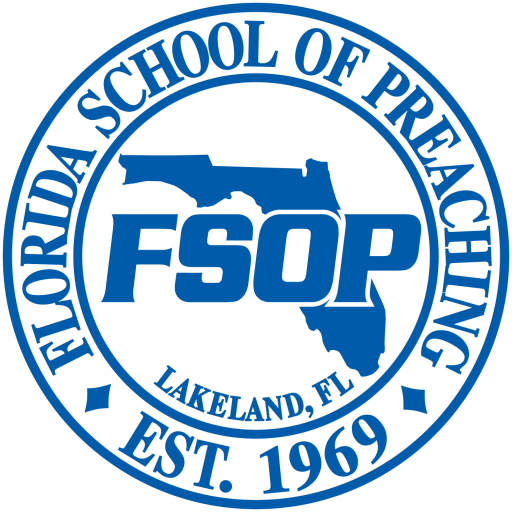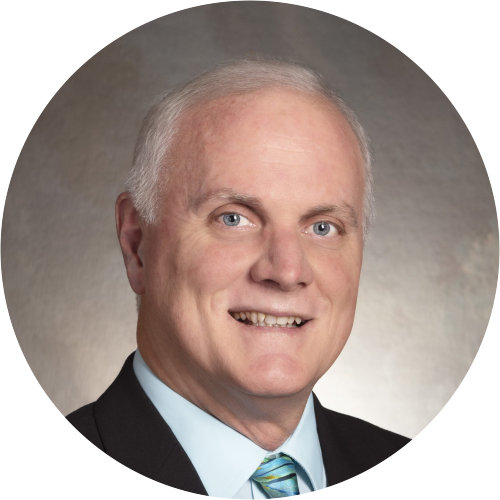By Brian R. Kenyon
Apollos was a powerful preacher! He had a very rare ability in that he was both “eloquent” and “mighty in the Scriptures” (Acts 18:24). Many preachers are eloquent but not powerful in their Bible knowledge. Many preachers are outstanding in their Bible knowledge but not very eloquent in their delivery. Apollos was both, with much enthusiasm (Acts 18:25). He is a great example for preachers today. However, this man had one very serious weakness. Although “he spoke and taught accurately the things of the Lord … he knew only the baptism of John” (Acts 18:25). On a certain occasion, “Aquila and Priscilla heard him,” and “they took him aside and explained to him the way of God more accurately” (Acts 18:26).
At one time, the baptism of John was valid and binding on the Jews (Mk. 1:1-5). However, by the time Paul followed Apollos in Ephesus, the baptism of John was no longer valid (Acts 19:1-7). In fact, it had absolutely no validation at least since the Gospel was first publicly proclaimed following the resurrection of Jesus in Acts 2, if not the very moment Christ “breathed His last” on the cross (Lk. 23:46). The baptism of John served its purpose. It was “for the remission of sins” (Mk. 1:4-5; Lk. 3:3); it gave assurance of forgiveness of sins (Lk. 1:76-77 cf. Heb. 9:15; Rom. 3:25); it prepared the Jews for the Lord and His kingdom (Lk. 1:17; Mt. 3:1-2); and to reject it was to reject God (Lk. 7:28-30). There was one major difference, however, between John’s baptism and great commission baptism. John’s baptism looked forward to what Christ would do on the cross (Acts 19:4), while great commission baptism looks backward on what Christ had already done (Rom. 6:3-4 cf. Rom. 10:9-10).
Thankfully, Aquila and Priscilla, a faithful Christian couple (Acts 18:2, 18; Rom. 16:3; 1 Cor. 16:19; 2 Tim. 4:19), took Apollos aside and taught him the truth (Acts 18:26). Their default way of dealing with error was not to denounce Apollos or “write him up,” but to approach him personally and privately. They knew the difference between John’s baptism and great commission baptism, and they knew the difference mattered! Thankfully, Apollos, though eloquent and “mighty in the Scriptures,” was humble enough to receive instruction. Many preachers of his status would not be as receptive to correction. The result was an even more powerful and effective preacher. After Apollos was taught more accurately, the brethren wrote in support of him, and “he vigorously refuted the Jews publicly, showing from the Scriptures that Jesus is the Christ” (Acts 18:27-28).
In addition to his preaching and humility, Apollos’ situation teaches us two valuable lessons. First, some “false teachers” could actually be people who love God and think they are pleasing God. Although Apollos taught falsely, he was not in the same category as the “false prophets” about whom Jesus warned, “who come to you in sheep’s clothing, but inwardly they are ravenous wolves” (Mt. 7:15). Apollos did not have a correct understanding of baptism because he, obviously, had not learned about the “one baptism” (Eph. 4:5 cf. 1 Cor. 12:13), which had a Holy Spirit connection with the obedient (Acts 2:38 cf. Acts 19:1-2). There is a difference between a person who sincerely teaches something inaccurately, thinking he is teaching truth, and the person who insists on teaching falsely even though he has been shown the truth but refuses it (cf. 2 Tim. 2:16-18). We must not assume all people who teach false doctrine are in that latter category! Maybe they have never heard the truth, and they need an “Aquila and Priscilla” to take them aside and teach them “the way of God more accurately.”
Second, we must be concerned enough, like Aquila and Priscilla, to take someone aside and teach him or her the truth (cf. Acts 18:26). At the very least, we need to make sure the person is actually teaching something false, and if so correct that teaching (cf. 2 Tim. 4:2; Titus 1:13; 2:15). Does not love demand we give brethren who teach inaccurately the benefit of doubt (1 Cor. 13:4-7), unless they have already proven their insincerity (cf. 1 Tim. 5:20)? I learned several years ago (when “NIV” was practically a cuss word) from an incident were brethren were accusing another brother in Christ (whom I knew) of denying the authority of the local eldership. When I actually listened to the taped sermon where he supposedly taught that, I found nothing of the sort! Unfortunately, some brethren are not concerned enough to ascertain for themselves the truth of such accusations, but are content (because of laziness or cowardice?) to parrot and follow what other brethren say. This, of course, is not wise (cf. Pr. 18:23; 25:2). We must make every effort to “keep the unity of the Spirit in the bond of peace” (Eph. 4:2-3). When brethren have proven their doctrine is false and will not listen to truth, their “mouths must be stopped” (Titus 1:10-14). However, we must not treat those like Apollos as if they were in the same category as these false teachers (cf. Rom. 16:17-18; 2 Thes. 3:6-15). May God give us wisdom to know the difference!

 Alumni
Alumni Lectureship Audio
Lectureship Audio Lectureship Video
Lectureship Video
